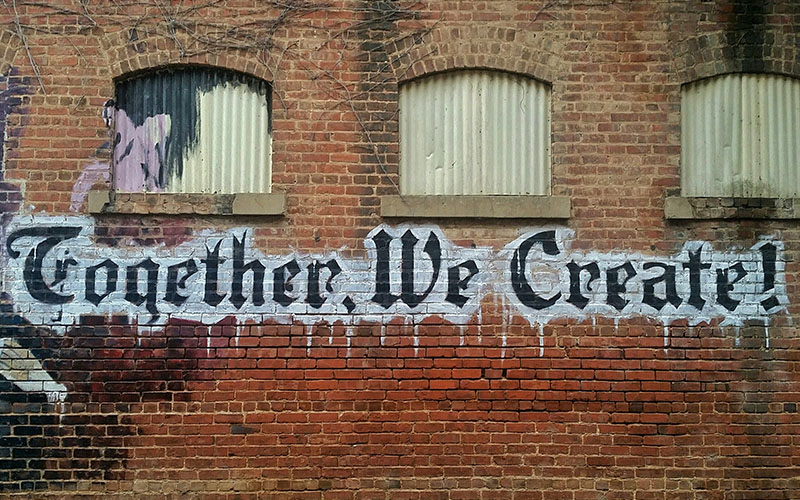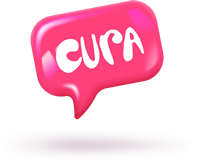The memory of college group work still makes me physically nauseous. The awkwardness of being assigned to a group of randoms, or maybe worse, picking your team like a Lord of The Flies experiment. The restraint I would have to practice in not saying, “Ok, can I just tell everyone what to do? Since we are all just staring at each other? But also, please like me.”
Work collaboration, in many ways, is a bit easier since we all have the same end goal. But in many ways, even more, stressful because the stakes are higher. You can’t just ignore them after the semester is over.
I’d like to share a few tips I’ve learned and how they can benefit your long-term career journey and, hopefully, have a little fun along the way.
Why does this even matter?
It matters now more than ever. Competition in the job market right now is fierce. If you’re known as “not a team player,” it’s a short shelf life at that job. Happiness at work impacts your whole life. And friends at work, even just enjoying a few laughs a day, can make creativity and problem-solving way more effective. And, isn’t it fun to do great work?
Ways to Improve Collaboration Skills
- Listen to your team. Remember that awkward college scene? Here’s what I would have told myself—open up the conversation. Get a sense of where everyone is starting from and their perspective. (Internal dialogue—We have Jen from marketing and Lisa from product here. That’s interesting that Joaquin from partnerships is here too, I wonder how they are approaching this? Do they want to be here, or are they being forced by their boss?) Listen to learn. And establish your baseline for everyone’s perspective. Speak up last.
- Leave your ego at home. Be open-minded. Be willing to consider others’ ideas and opinions especially if they differ from your own. Practice your creativity muscle by listening and think, “Hmmm…what if we did that?” Have some fun and be playful during the brainstorm part of the exercise. By being open-minded and flexible, you can create an environment that encourages innovation and creativity for everyone. That must be what musicians feel like when they write a song together. It’s so rewarding when it comes together.
- Use a process. Of course, we need to be patient and kind, listen and be open-minded**.** But we also need a process and a plan. I love what comes out of a good design-thinking session. The Six Training Hats is a fun and creative approach invented in 1985 by Edward de Bono, a physician, psychologist, and consultant. Mad props for integrated thinking and problem-solving. If this is too much, google “Process for brainstorm” and pick one you like! This helps set expectations and takes the pressure off of you, if you are group leader or just stepping up.
So what can I do today?
- Think about your last group project, be honest with yourself. What worked well, and what can you do better next time?
- Read this article about a brainstorm workshop. Like it? Great! Share it with a colleague for your next opportunity to try it out together.
- Practice your listening skills and build trust even before you need it for a group project.



Recent Comments